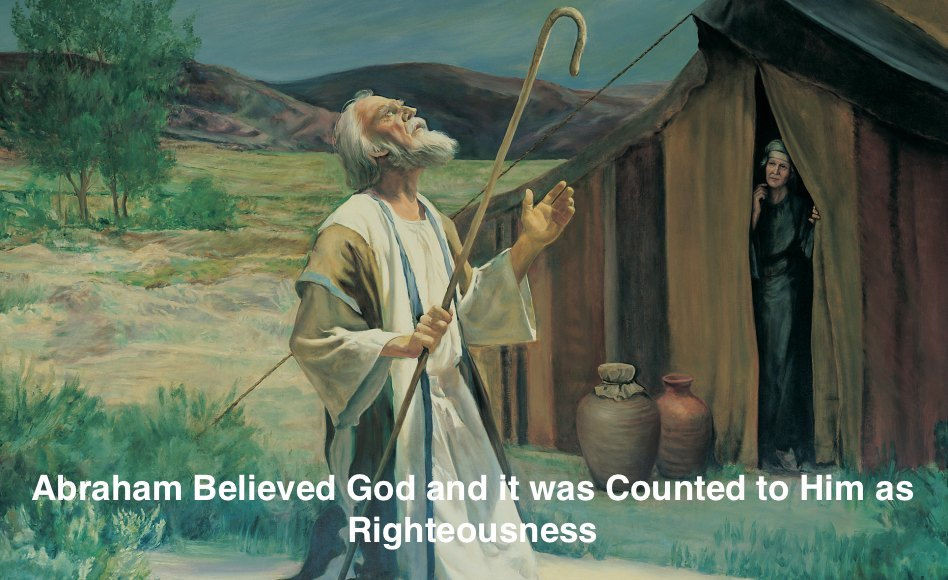Abraham’s Deception in Egypt
- Keith Thomas
- Apr 23, 2021
- 4 min read

We are continuing our thoughts about God’s molding of Abraham’s character to be a man of God. He didn’t live long in the land of Canaan before he left the land to lean on Egypt:
10Now there was a famine in the land, and Abram went down to Egypt to live there for a while because the famine was severe. 11As he was about to enter Egypt, he said to his wife Sarai, “I know what a beautiful woman you are. 12When the Egyptians see you, they will say, ‘This is his wife.’ Then they will kill me but will let you live. 13Say you are my sister, so that I will be treated well for your sake and my life will be spared because of you” (Genesis 12:10-13).
To the spiritual man, Egypt is a picture of one leaning on the arm of flesh rather than God. Egypt was watered not by springs, rain, or dew, but by the pumping up of irrigation water with the foot pump. The River Nile was the source of water for the Egyptians, but to get the water to the fields required a man to pump it up with their feet. God spoke of the land of Israel (Canaan), that it was different from Egypt:
The land you are entering to take over is not like the land of Egypt, from which you have come, where you planted your seed and irrigated it by foot as in a vegetable garden (Deuteronomy 11:10).
The things of God don’t have to be pumped up by fleshly means. When we talk about Abraham’s faith, we must remember that God never spoke for him to go down to Egypt. When things were getting difficult from lack of rain, Abram was just like us; we often resort to the arm of flesh rather than take the time to seek God for His guidance. We are moved by fear—the “what if” syndrome. Israel has had a history of turning to Egypt for help instead of going to God:
2who go down to Egypt without consulting me; who look for help to Pharaoh’s protection, to Egypt’s shade for refuge. 3But Pharaoh’s protection will be to your shame, Egypt’s shade will bring you disgrace (Isaiah 30:2-3).
What fear rears its head before you today? Abram had some fears in going down to Egypt, a fear of death because of Sarai’s beauty. He saw the looks that men gave Sarai when they thought Abram wasn’t looking. Perhaps he felt insecure in this new culture of Egypt. Insecurity will cause a man to trust in the ways of this world system or fleshly resources rather than the provision of God.
Abram is Sarai's half-brother, so he made a deceptive deal with Sarai for her to call him her brother (Genesis 12:12-13). Since Sarai's father is no longer around, any suitors for the hand of Sarai in marriage would have to negotiate with Abram, her brother. The universal custom of the day was for the brother to assume legal guardianship in arranging marriage on Sarai's behalf. This would give them time to slip away before Sarai would have to become anyone's wife. Those who have great faith can slip up occasionally, and the Bible never glosses over sins of the flesh by the Lord's heroes. What was it that Abram should have rested on? God had given him the promise that he would become a great nation—without his wife, this could not happen. The word of God requires us to hold on to our faith in God and persevere through difficulties.
Perhaps Abram did not realize that Pharaoh would pursue Sarai. How it happened, we do not know, but the text tells us that she was taken into Pharaoh’s household. Now what, Abram? How are you going to get out of this mess? We don’t find any complaint from Abram at Sarai being taken into Pharaoh’s court, but God steps in and afflicts Pharaoh's household with serious diseases. Somehow the secret is out, and Abram is severely scolded and shamed for his faithless act. How embarrassed he must have felt as he was told to leave Egypt.
This story is a reminder of the fact that even when we fail to act in faith, when we repent, God has a way out and to get us on track again. There is never a dead end when we submit our life to the Lord. If you have made mistakes in your life and feel that you have lost your way or made a wrong turn in your life, it is essential to know that God has not finished with your story! The thing to do now is to submit your way to the Lord and ask Him to give you the next step on your journey. Are you ready to trust Him? Keith Thomas
If you’d like to share these thoughts on social media, there are Facebook and Twitter links at the bottom of the page, as well as the link to send on an email.
Taken from the more complete study found in the series on Abraham. Go to All Studies, scroll down to The Faith of Abraham and click on study 2. Abraham. Man with a Vision








Comments